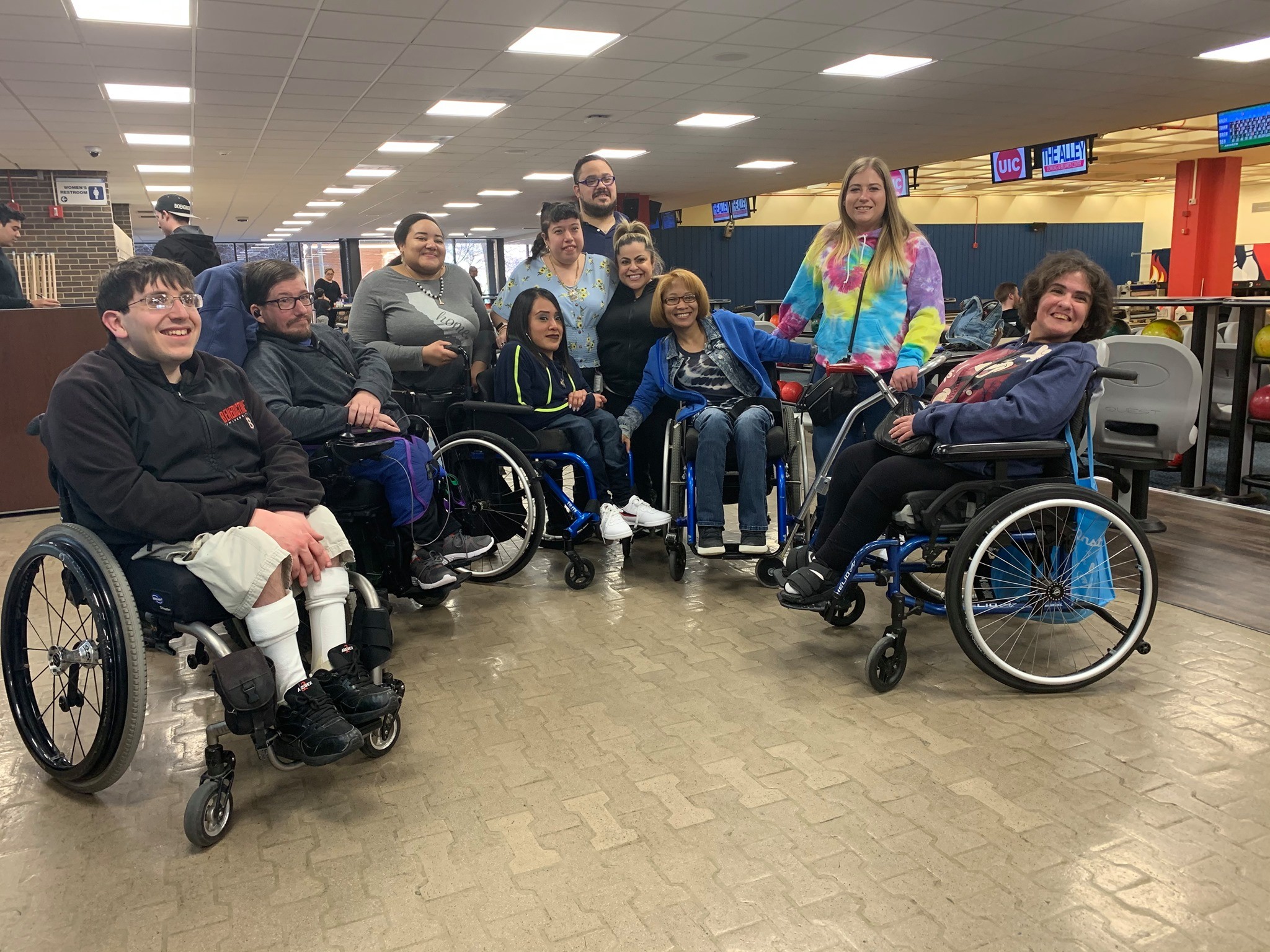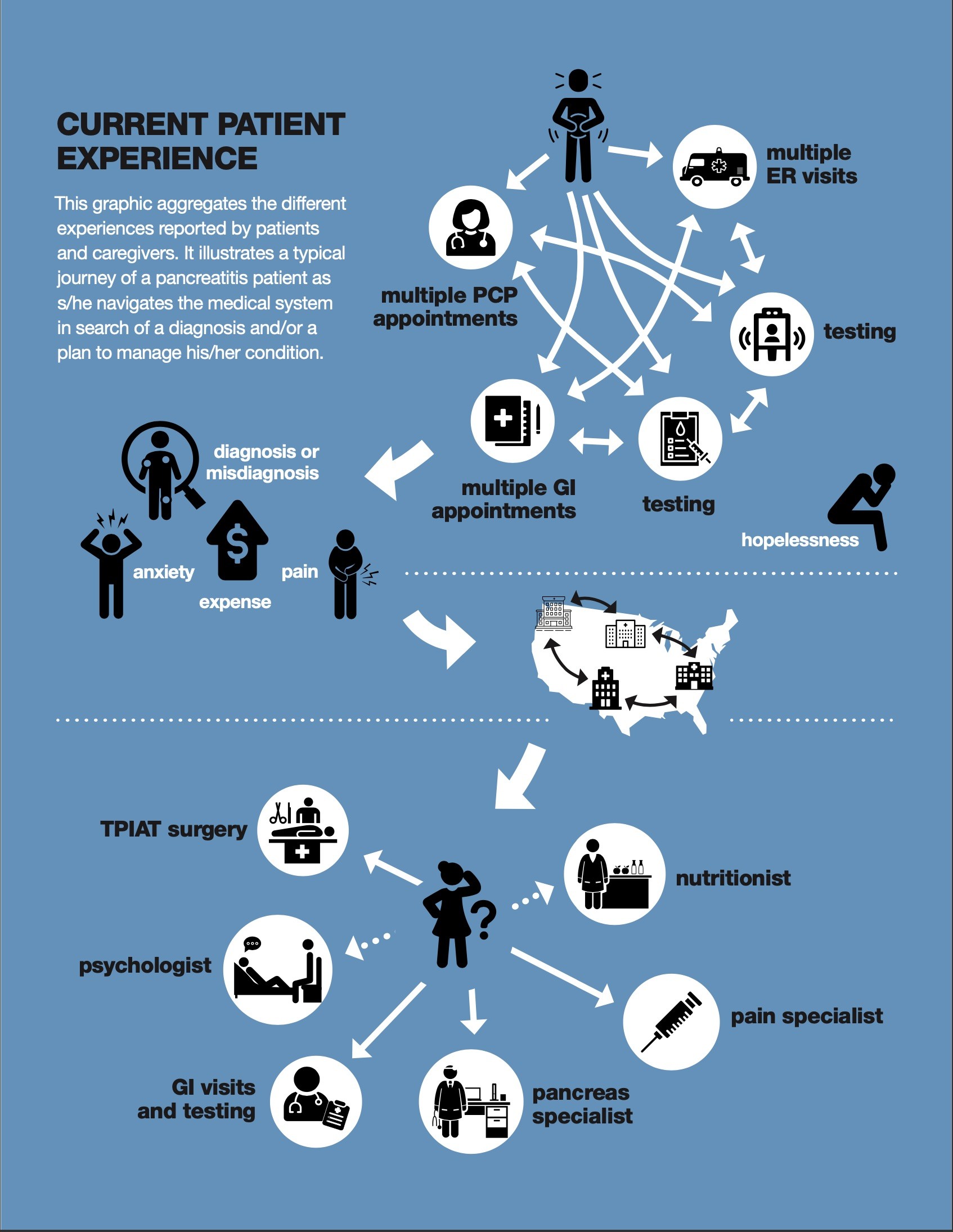When you pair the awkwardness and uncomfortability that comes with discussing personal finances with seeking out financial support in any capacity, it may get complicated, confusing, and tedious. With the onset of COVID-19, rare disease families are feeling the burden of medical bills and job loss more than ever before, and this critical need for financial advocacy has become even more apparent.
To help address this need, Global Genes established the Financial Advocacy RARE Patient Impact Grant in hopes of empowering rare disease patients and foundations to learn strategies for long-term financial wellness that are applicable through COVID-19 and beyond.
“Researchers found that 54 percent of cancer patients ages 18-64 and 42 percent of those ages 65 and older had medical financial hardship as a result of their diagnosis and treatment. Now imagine you have a rare disease that isn’t easily diagnosed.”- #RAREis Community
What is Financial Advocacy? And Why Does it Matter?

Illinois Spina Bifida Association adult group
Matt Larsen of the Illinois Spina Bifida Association realized his spina bifida community’s dire need for financial wellness resources after first receiving the Continuity of Care RARE Patient Impact Grant from Global Genes earlier this year. He says “the work we did for the Financial Advocacy Grant built on a lot of the needs we were able to identify through the COVID grant… while we were able to identify several families who had past due bills or experienced utility shutoffs, the financial advocacy grant allowed us to do additional 1:1 training and help them find other financial resources.”
The results of this training were almost instantaneous. Matt recounts the story of a family in their organization whose financial need discovered through the COVID-19 grant revealed a concrete resource that would greatly impact their financial situation.
“Because of COVID, their work hours had been cut and they fell behind on their water bill. Mary had always taken care of Daniel, their young adult son with SB(spina bifida). She had applied to be his personal care assistant, but the application was stuck.”
“ISBA helped the family pay their water bill with utility assistance funds from a Global Genes RARE Patient Impact Grant. Then, one of ISBA’s community social workers helped Mary advocate to get her application processed.”
Mary and her family expressed their gratitude, saying “now we can pay our water bills and Daniel doesn’t have to receive care from a stranger.” Discovering concrete burdens put on the community was the first step in understanding just how big of a difference financial advocacy and the use of financial support resources can make in a family.
Filling in the Gaps
As seen through Global Genes’ Continuity of Care Grant, many rare disease families facing financial burdens due to COVID-19 lacked basic needs such as funds to pay utility bills, supplies for distance learning, or money for groceries. While there are financial wellness tools in place to help with these challenges, access and knowledge of these resources proved to be a huge problem for communities in search of them.

Current patient journey of pancreatitis patients
“There are gaps in the system. And the first way to change the system is highlighting these gaps… One-on-one conversations were the first step” Avi Khullar of Mission: Cure recalls. “To continue this (financial advocacy), work, we have to start with more research and work on this topic, in a safe space.”
Mission: Cure began addressing financial wellness within their community by organizing individual meetings with its members to assess where these financial challenges were most prominent. “It’s a very personal topic, and not everyone is comfortable,” she says. “This was phase one of creating a fundamental financial strategy for the patients.” In order to create a more casual and intimate environment, the interviewers were trained to think of themselves as ethnographers, asking open-ended questions to fill in the gaps of knowledge between issues already raised by the community.
Following these conversations, one of the main takeaways reported by Avi was that “as a field, there are things we can do for people in this space.” One of those things being concrete patient tools. “We want to create easy-to-digest information about things like applying for disability, choosing the right medical provider, and other patient-level tools.” As Avi explained the enormous burdens her pancreatitis community was facing, it became clear that there while some of these hardships did not have a simple fix, there were resources already available that had the potential to make a drastic difference in the lives of these families.
Turning Awareness into Action
Leber’s Hereditary Optic Neuropathy (LHON) is an organization that deals with helping patients navigate sudden onset blindness. Organization leader Lissa Poincenot says that “in young adults, our community suffers from a number of struggles, including job loss, and navigating transportation.” This organization’s strategy to use funds from the Financial Advocacy Grant to address financial needs began with a brochure that “turned into a 30-page handbook. We just couldn’t stop coming up with financial problems for this community.”
The document lists accessible resources and solutions to some of the issues faced by the LHON community, with some targeted towards different regions. Lissa says the motivation behind creating this document was geared towards people who have just recently started to see the effects of LHON, “because there’s so many things you don’t know. And once you do know, you start needing these resources immediately.”
Through consulting her community, Lissa discovered that “the good news is there are supports out there, but if you don’t know where to find them, then they’re no good.” While establishing the needs of your community is one aspect of financial advocacy, creating, distributing, and ensuring the availability of helpful resources is an integral part of a successful financial advocacy strategy.
“In a perfect world, this doc would be edited and targeted for each region so when new people come, there’s a version of it perfectly targeted to them” Lissa says. “Having a comprehensive resource, and people who can back it up, is what makes this document so valuable. While it’ll have its biggest impact on newly diagnosed people, it will also benefit veterans of our disease. Everyone can benefit from financial wellness.”
What’s Next?
If you’re a rare disease patient, advocate, or caregiver, you are already aware of how finances can be a stressor on top of dealing with a diagnosis. The impact of COVID-19 has accentuated the need for financial advocacy and the importance of available support resources. While creating lasting change in financial wellness for rare patients should be a consideration of all rare disease stakeholders, it begins with empowering patients to take control of their own finances.
Through the creation and management of financial resources via the Financial Advocacy RARE Patient Impact Grant, these organizations have shown that financial wellness is not only helpful during the time of the coronavirus, but crucial for improving the overall well being of patients everywhere.
To learn more about Financial Advocacy resources, check out this Financial Advocacy Young Adult Resource Guide, or tune in to more expansive sessions on financial advocacy during RARE on the Road on March 23, 2021.

Stay Connected
Sign up for updates straight to your inbox.
